November 23, 2015
RIBA signs UN Compact as part of an increased focus on ethics 0
 RIBA (The Royal Institute of British Architects) has become a signatory to the United Nations Global Compact (UNGC) and has undertaken to support its principles on human rights, labour standards, the environment and corruption. Joining the UNGC is part of the RIBA’s focus on ethics which has recently included co-founding a new coalition to develop a set of globally recognised ethics standards for real estate and related professional organisations. RIBA President Jane Duncan said: “As our profession changes and becomes increasingly international, so must our approach to developing and reinforcing professional ethics. Architecture has a direct impact on societies and economies; it shapes and influences the world we live in. For this reason, we architects have a duty to uphold the highest standards wherever we practice. I am delighted that RIBA has signed the UN Global Compact and undertaken to support and promote its principles.”
RIBA (The Royal Institute of British Architects) has become a signatory to the United Nations Global Compact (UNGC) and has undertaken to support its principles on human rights, labour standards, the environment and corruption. Joining the UNGC is part of the RIBA’s focus on ethics which has recently included co-founding a new coalition to develop a set of globally recognised ethics standards for real estate and related professional organisations. RIBA President Jane Duncan said: “As our profession changes and becomes increasingly international, so must our approach to developing and reinforcing professional ethics. Architecture has a direct impact on societies and economies; it shapes and influences the world we live in. For this reason, we architects have a duty to uphold the highest standards wherever we practice. I am delighted that RIBA has signed the UN Global Compact and undertaken to support and promote its principles.”














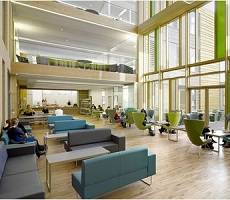




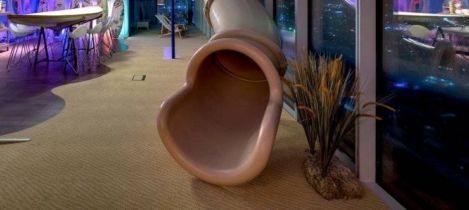
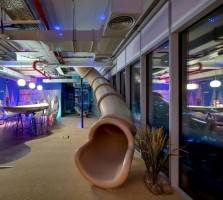


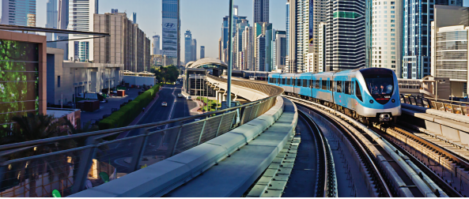
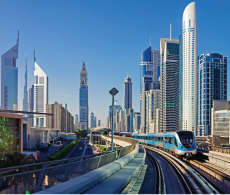 Newly published research
Newly published research








November 23, 2015
The benefits of peeling back the layers of the workplace onion 0
by Darren Bilsborough • Comment, Flexible working, Technology, Workplace, Workplace design
(more…)